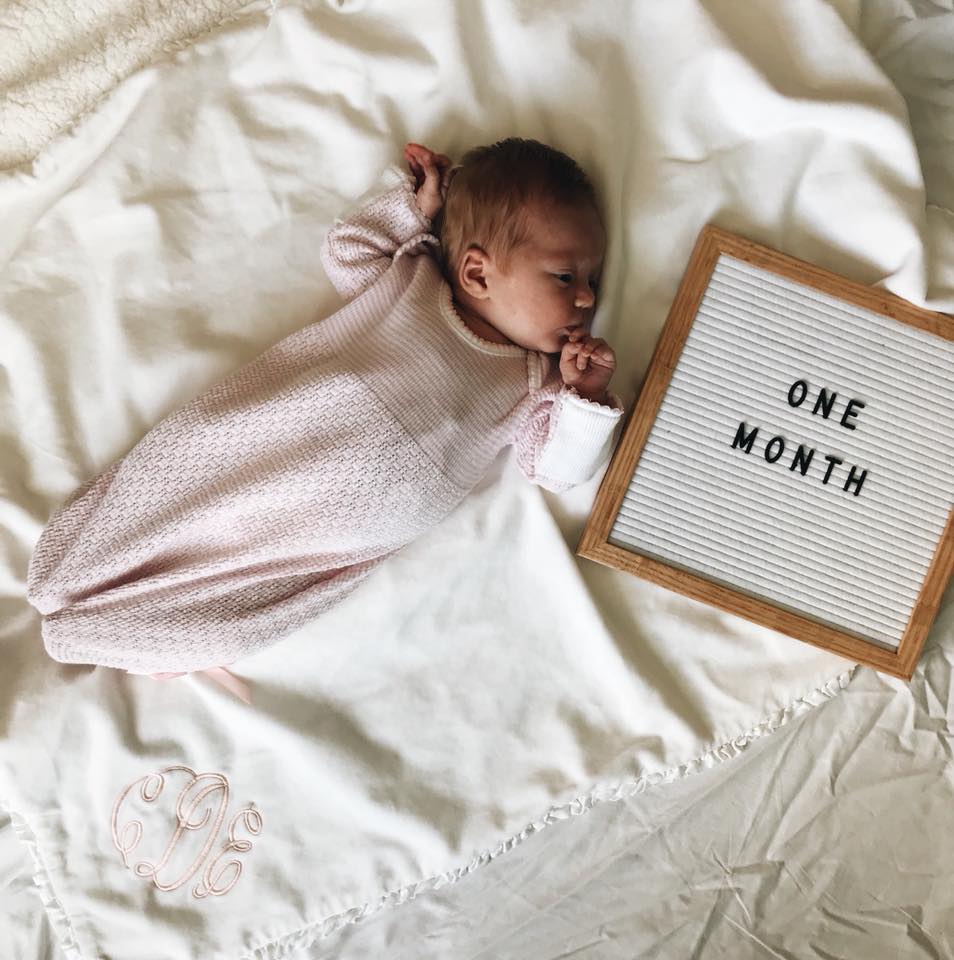A PAINFUL PRESENCE
By: Haley Stricker
I am grieving some loss in my life right now, and I’m hurting. I’m hurting and it’s okay to hurt. I’m reminded in this hurt that pain has the ability to either connect us or reveal the layers forming between us and others. I’m also reminded why therapy exists, and why the power of therapy is really the power of presence.
On this type of presence, Henry Nouwen says, “When we honestly ask ourselves which person in our lives mean the most to us, we often find that it is those who, instead of giving advice, solutions, or cures, have chosen rather to share our pain.”
The ministry of presence is often a silent one. It doesn’t take many words or thoughts or even prayers. It doesn’t ask us to know the answers or cures. It asks of us our attunement, our sense of being with rather than doing or fixing or helping.
He goes on to say,
“The friend who can be silent with us in a moment of despair or confusion, who can stay with us in an hour of grief and bereavement, who can tolerate not knowing, not curing, not healing and face with us the reality of our powerlessness, that is a friend who cares.”
When we hurt, we are longing for the type of connection that says, “I see you - I see you and I’m not afraid of your pain. I do not hide from your pain but I willingly enter into it and grieve with you.”
This is honestly excruciating. To enter into another’s pain asks us to tap into our own and accept its place in our story. It asks us to feel with another person when many of us have chosen to numb our own emotions. And this is hard work. But we cannot connect with others if we are unable to connect with ourselves. We tend to find ways to minimize our own discomfort around emotions through offering suggestions and advice.
And this makes sense. Often our own painful experiences left us feeling powerless and having something to offer provides a sense of control. Advice allows us to feel stable in the ambiguity of pain.
But as I sit in my own grief, I’m learning that solutions may help me breathe momentarily - but they do not heal the parts of me that are wounded.
C.S. Lewis once prayed, “I know now, Lord, why you utter no answer. You are yourself the answer. Before your face questions die away. What other answer would suffice?”
Healing is not the absence of pain but the presence of God in the pit of pain with us. I say pit because grief often feels like a dark and deep well, and it would take too much energy and effort to climb out of that well. And so healing does not ask me to climb out. I can stay and His presence with me is the healing even in the pain. And as we dare to be present with others in their pain, we are doing the work of embodied healing. But this requires our own work. We cannot be present with others if we are incapable of being present with ourselves. We cannot honor others' sadness if we shame ourselves for being sad. We cannot listen without fixing if we must control out of our anxiety.
I often describe the role of a therapist as that of a container. We hold all of the fears, emotions, doubts, losses, and hurts with our clients - not in an effort to take the pain away but sit in it and say, "You're not alone. Even if just for this hour, I am holding this with you." And there is this brief period when the pain is slightly more tolerable - not because it's gone but because there is someone else holding the weight too.
Ministry of presence is a lot like that. It is not pulling others out of their pit but entering into the pit and sitting there with them. The pit is messy because it takes emotional energy to sit there and it brings up things in us that maybe we have buried. But I think our families, friendships, churches, and communities are aching for more of this type of ministry. Most of us are walking around with deep wounds, and if we're honest what we are really longing for is someone to see us in those hurts and choose to sit in them with us. It's a painful kind of presence, but this is the stuff of true connection. And I think its the stuff of true healing too.







